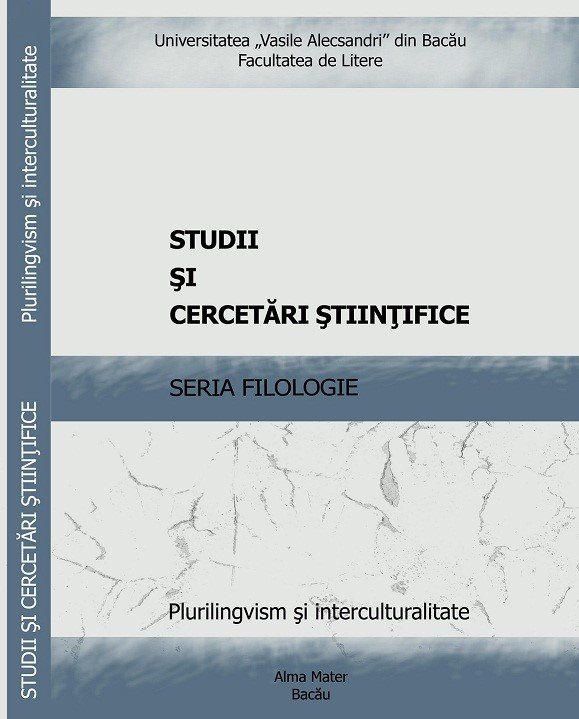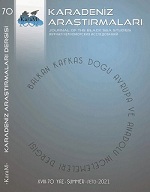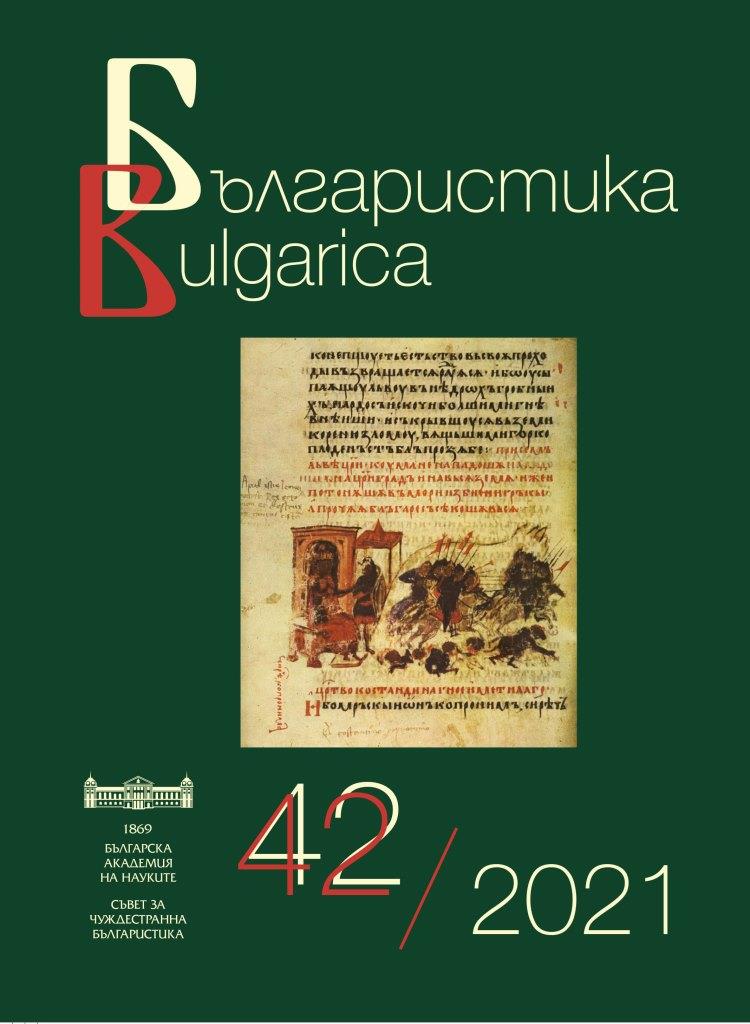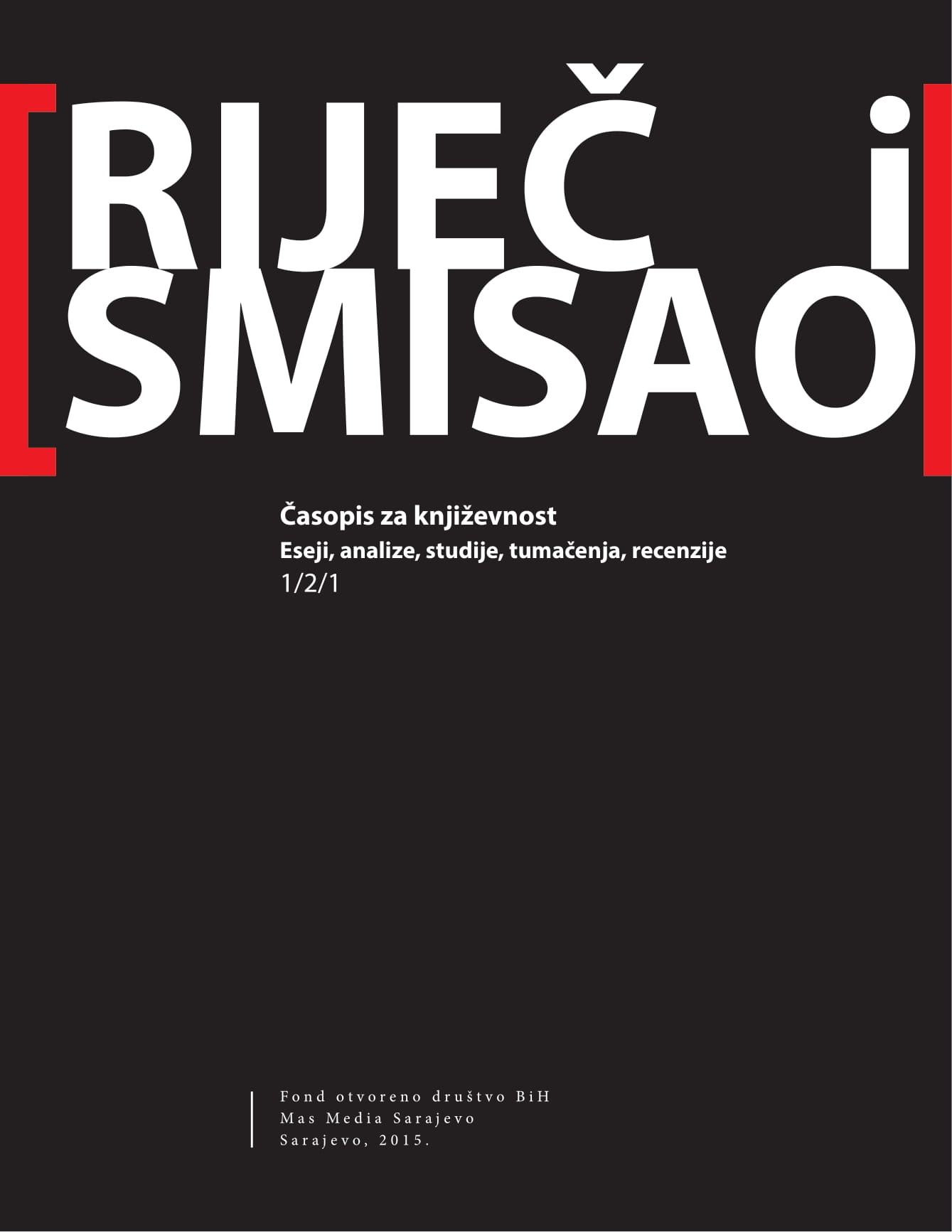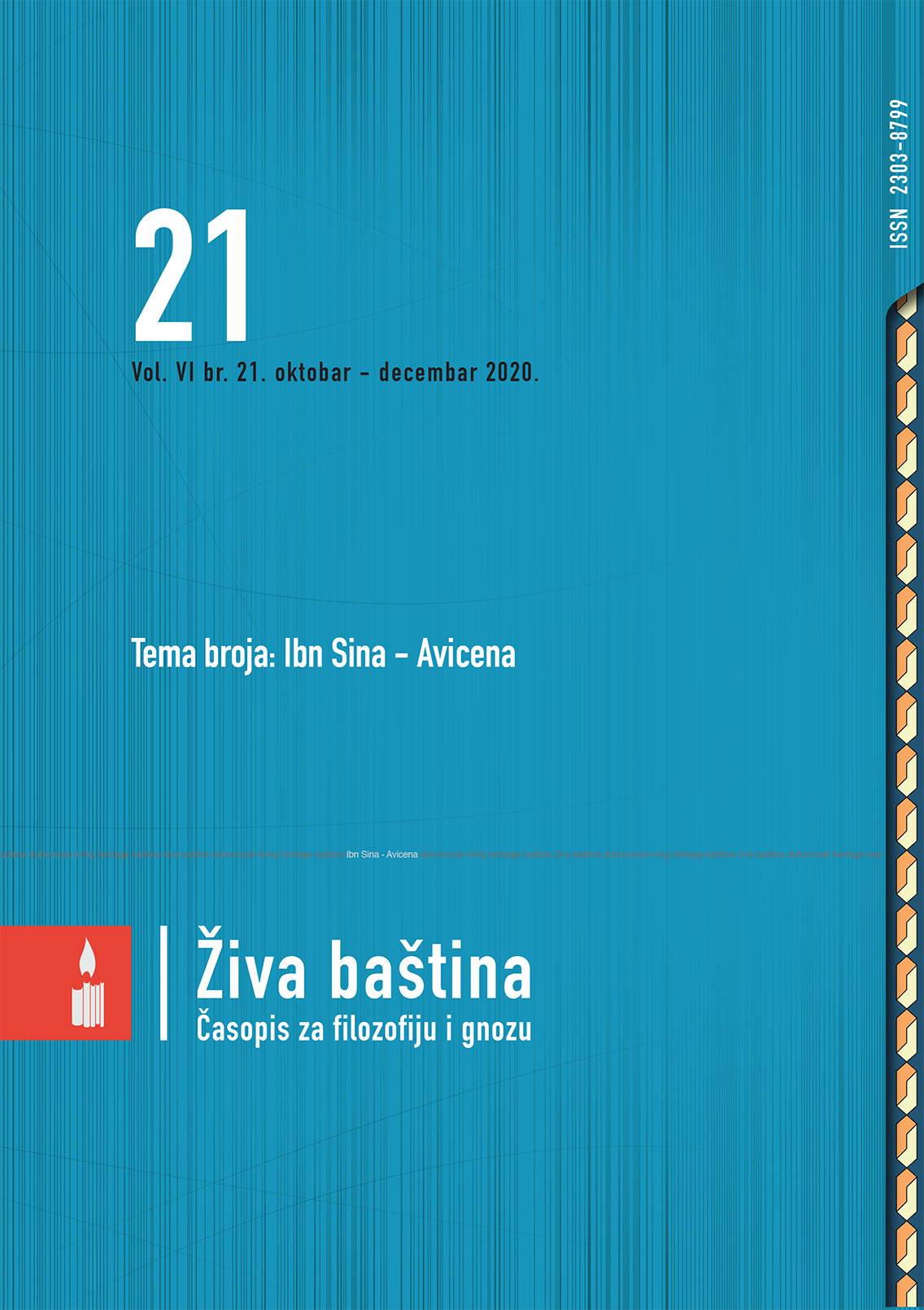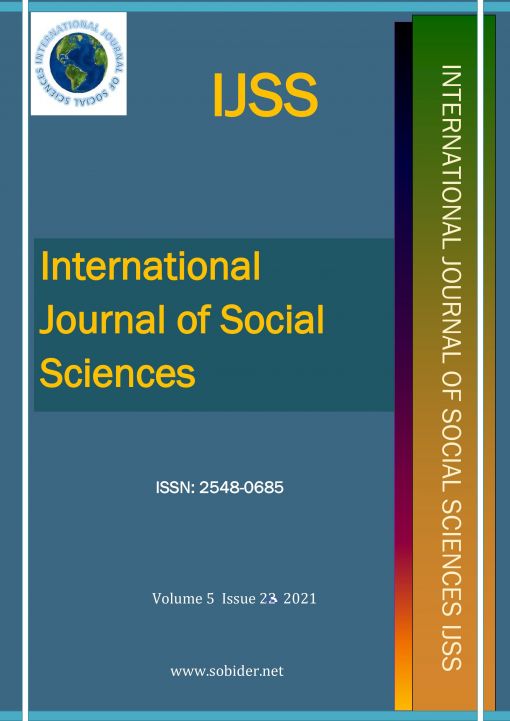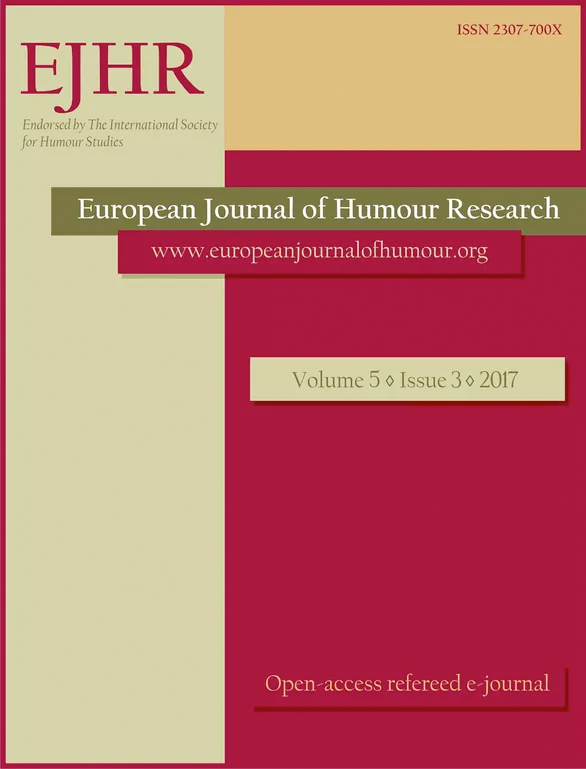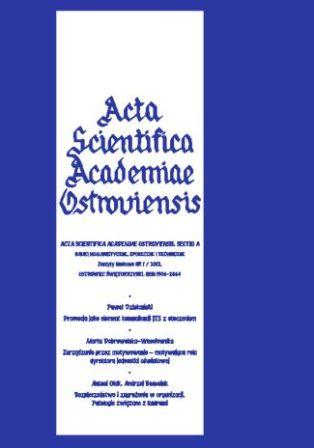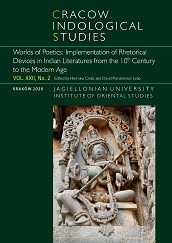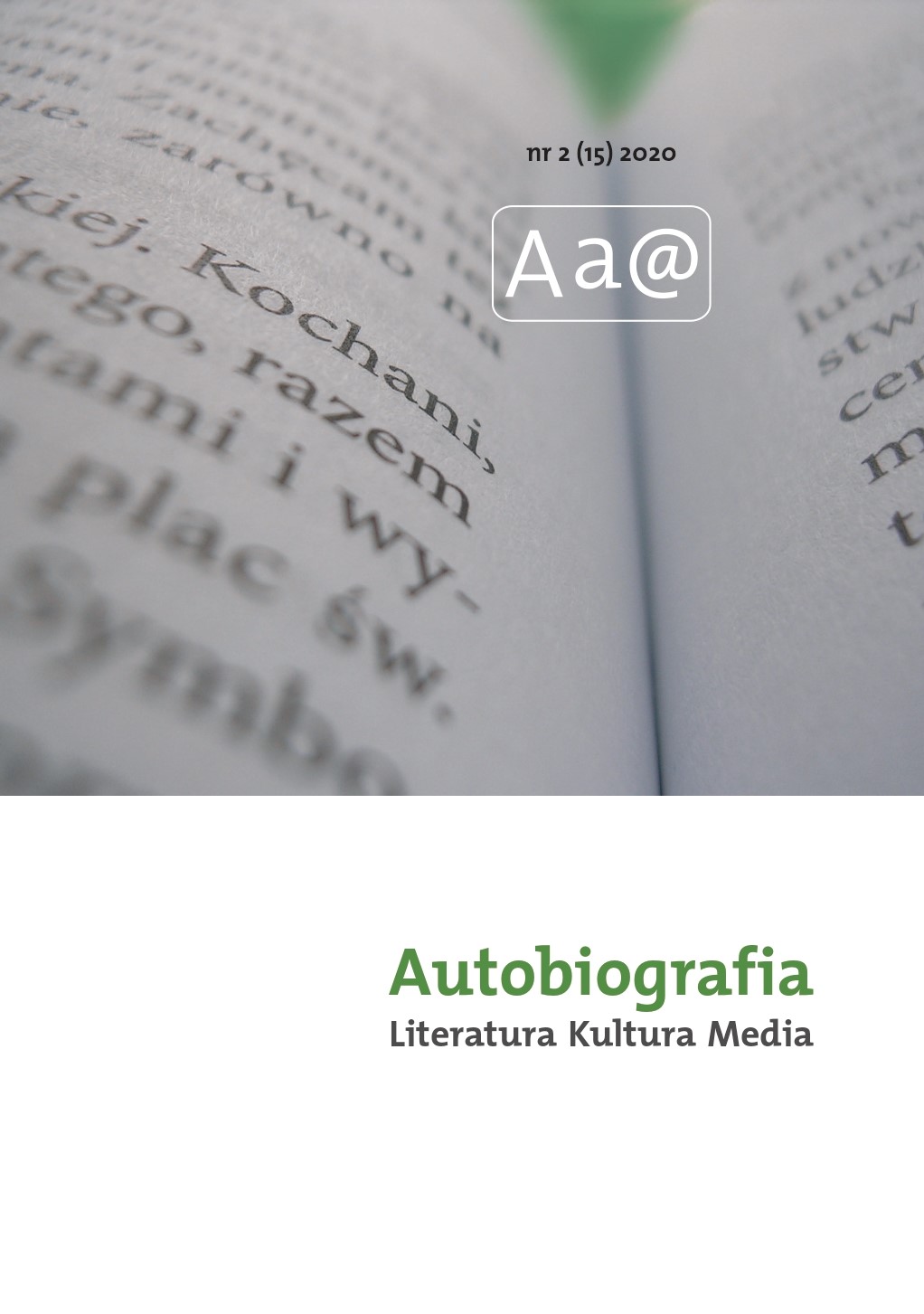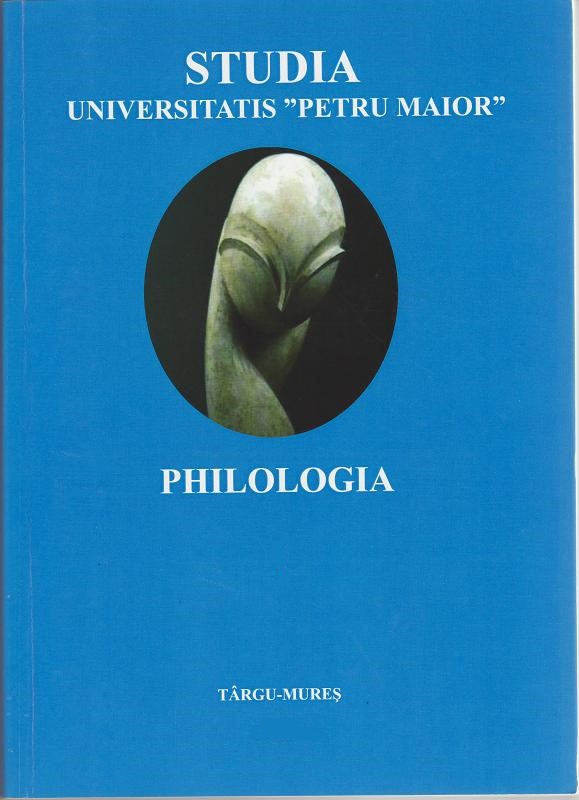
FARMACOLOGIA REUŞITEI. BOLI, LEACURI ŞI PRACTICI MEDICALE ÎN BASMUL FANTASTIC ROMÂNESC
The Romanian folk ethos proves to be particularly generous including imaginative fictions concerning pharmacology. This study was inspired by the multiplicity and richness of situations which require therapeutic intervention, potions and treatments used for various medical purposes. Starting from the wishes and imaginative mechanisms which cooperate to the final success of the hero, in this study I tried to assemble and analyze all the actions that focus on the therapeutical in the Romanian fairy tale. Even if we discuss about diseases or treatments related to ethnoiatry or etnosophie, the traditional imaginary of Romanian fantastic tale has capitalized in equal measure the cultural-therapeutical inheritance and the discoveries of the modern medicine.
More...
